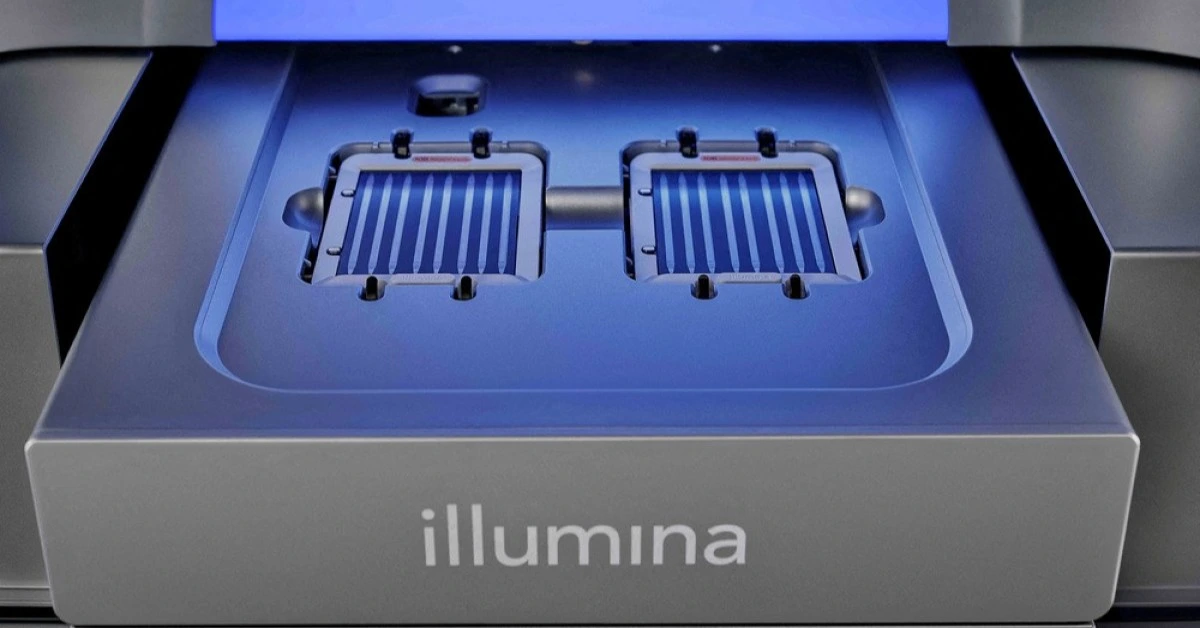
CHINA – China has blocked the sale of Illumina’s DNA sequencing machines, escalating trade tensions as the U.S. expands tariffs on Chinese goods.
This move follows the Trump administration’s decision to increase tariffs on Chinese imports by an additional 10%, alongside new 25% tariffs on Canada and Mexico.
In early February, after the U.S. imposed an initial 10% duty, China’s commerce ministry placed Illumina on its “unreliable entities list.”
This designation made the company vulnerable to future sanctions, which have now materialized with the export ban.
However, Illumina clarified that it is still allowed to operate in China, and the ban does not explicitly mention the reagents and consumables required to run its sequencing machines.
Despite this, the company’s stock initially dropped by 4% in overnight trading before recovering to a 1.5% loss, settling around US $82.60 per share.
Illumina remains committed to serving its customers in China and complying with local regulations.
The company has also highlighted the long-term support it has received from the Chinese government for foreign investors.
Illumina generates about 7% of its revenue from China, amounting to roughly US $300 million in 2024.
However, its sales in the region have been declining due to rising competition from Chinese companies such as BGI Genomics and MGI Tech.
These domestic rivals benefited from the ban, with BGI’s stock rising over 8% on the Shenzhen exchange, while MGI Tech’s stock soared 20% in Shanghai, reaching the daily trading limit.
China’s response to the U.S. tariffs extends beyond Illumina. The country has imposed 10% to 15% tariffs on U.S. agricultural products, including chicken, beef, wheat, corn, soybeans, and cotton.
Additionally, it added 25 more U.S. companies to its unreliable entities list, exposing them to fines, trade freezes, and restrictions on foreign employees.
Earlier in February, China took similar actions against other American companies, including PVH Corp, the parent company of Calvin Klein and Tommy Hilfiger.
The Chinese government also launched an investigation into Google, signaling a broader push against U.S. businesses operating in the country.
Illumina’s future in China remains uncertain. The company opened a reagent manufacturing site in Shanghai in 2022 and planned to expand instrument production by 2028.
However, with increasing trade restrictions and growing competition from local companies, its market share may continue to shrink.
The U.S. medtech industry is feeling the pressure from these trade disputes. The trade association AdvaMed has been lobbying for medical device exemptions, as an estimated 75% of medical hardware sold in the U.S. is manufactured overseas.
China and Mexico are among the top suppliers, while Canada is a major market for American exports.
XRP HEALTHCARE L.L.C | License Number: 2312867.01 | Dubai | © Copyright 2025 | All Rights Reserved